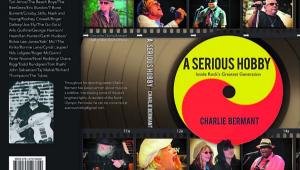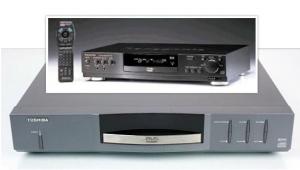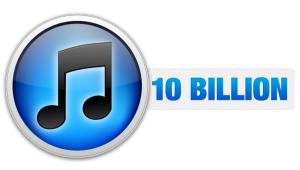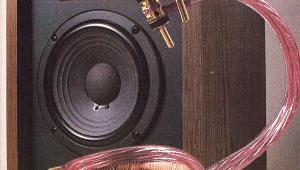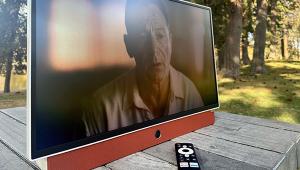I do still have a VCR hooked up. Even have it hooked up to my projector these days - one scart lead to a HD converter, HDMI lead to receiver and then HDMI lead to projector. Been an avid film buff when I used to live with my parents in my teens I would tape films to keep - cheaper than buying outright - and slowly buying them on DVD and Blu Ray over the years. The initial tapings being a way to watch loads of movies for the first time over a short period. I now have my parents old VCR as well as my own - if one breaks I can replace with the other one!
The VCR Is Dead (and you thought it died years ago)
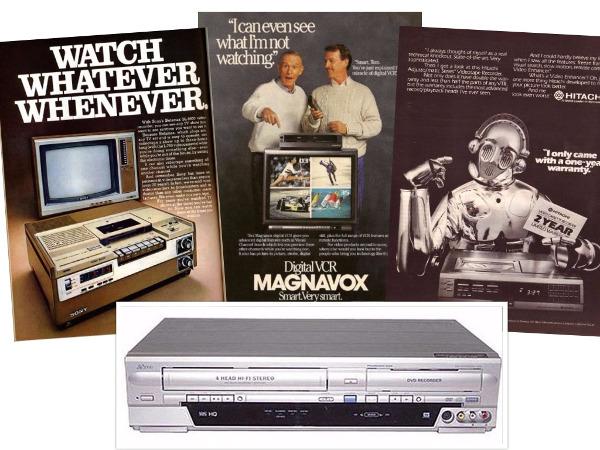
Funai announced last week that it would stop producing the VHS videocassette recorder by the end of July, according to the Japanese financial newspaper Nikkei. The report cited declining sales (really?) and difficulty procuring parts needed to build the product that redefined home entertainment in the mid to late ‘70s. The company sold VCRs under the Sanyo brand in North America for almost 30 years.
That VCRs are still being made 41 years after Sony unveiled the Betamax (JVC introduced the VHS format in 1976) is a testament to the power of a product category that changed the course of entertainment history, making it possible to record or “time shift” TV programs for later viewing. Before the VCR, we were beholden to broadcast schedules: If you wanted to catch John Belushi on Saturday Night Live you had to stay up to 11:30 p.m. and tune to Channel 4. If you wanted to see Jaws or One Flew Over the Cuckoo’s Nest (two 1975 blockbusters) you had to go to a movie theater. Hopelessly quaint in the Age of Netflix!
Now that the VCR’s long, slow demise is officially over, it’s time to gather those special VHS tapes you have stowed away and bring them—and the irreplaceable memories they hold—into the digital age.
Last December Sony announced that it would stop making Betamax tapes even though most of us had no idea they were still in production. In March, the last Betamax tape rolled off the assembly line.
Do you still have a VCR? Is it hooked up? See John Sciacca’s new blog for an amusing take on hoarding obsolete electronics gear.
- Log in or register to post comments


I still have one VCR in service, and am likely to have it so for awhile. There are a lot of films that I love - mostly in the "art house" or "cult classic" category that haven't made it to disk yet in any form, and others where the disk version is so hideously done that a video tape actually looks better on screen. I do go looking for disks for some of my tapes, particularly those that are starting to show their age, but continue to be disappointed at huge hunks of film history being ignored.

...and both are connected, working, and get used. One is being used to transfer home videos to DVD. The other is connected to my surround audio system. The audio quality of video tape is quite good and better than the lossy DVD audio formats. Even when DVDs have a lossless audio track, it is dynamically compressed a lot compared to video tape (yes, the loudness war has even effected video soundtracks).

I have two hooked up, though neither gets much use. I have a JVC S-VHS machine and a Sony VHS-DVD combo player. I have a few films on tape that have not been put out on disc and home videos shot on VHS that I've not bothered to transfer to digital yet. Still have about 20 blank VHS tapes (wrapped). I also have HD DVD players (2) and Mini-Disc recorder/players (2--one home deck, one portable). I am "that guy" when it comes to integrating outmoded gear (as in the article linked above), though I do it myself. Wouldn't dream of asking someone else to do it. I also still run two Sony SD CRT displays on a daily basis (I also have a 1080p PJ, so not entirely in the "dark ages").

I have a number of titles on VHS that have never been released on disk nor that I can find online. So no, VHS is not near dead for many of us.

I say, it's time for the DVD to die and let blu-ray be the choice for physical media.

The article mentions that Funai (Sanyo) will not make VCRs anymore, but a quick search on Amazon shows new VCRs for sale from Sony, Panasonic, Philips, Magnavox, and Toshiba (in addition to Funai and Sanyo). With a title like, "The VCR Is Dead," it sounds like it should be an announcement that the last company still making VCRs is going to stop, not one of the last half-dozen. I think it's mostly dead, but not "look for loose change" dead.
For the record, I haven't used a VCR for about a decade, but my grandparents still have a sizable collection of VHS tapes that they have no desire to replace. I just finished helping them hook up a brand new Magnavox DVD/VHS combo player last month.

I still have an old (15 years+) machine hooked up to my system (an Onkyo 616) with 71 accompanying tapes that haven't quite yet been replaced with some form of digital disc yet. Unfortunately the stereo soundtracks are almost unlistenable. I assume the audio heads are dirty. They're still quite watchable in mono, however. I'm thinking about buying one last VCR (or finding a shop that can service this one) to transfer them to digital on my Mac, pending proper replacement of those titles with DVD or Blu-Ray at some point. Then I can just get rid of the damn things. I used to have several hundred titles on tape, but I set them aside when replaced (mostly with $5 Walmart bargain bin DVDs), bit by bit over the years, and donated them to a palliative care facility.
